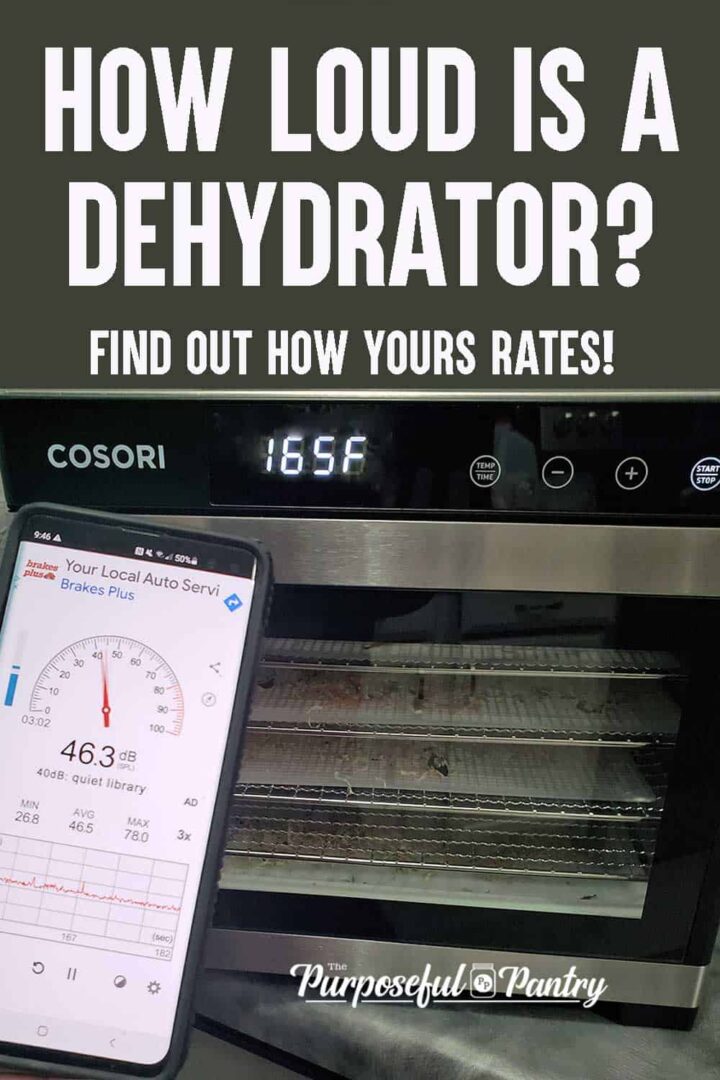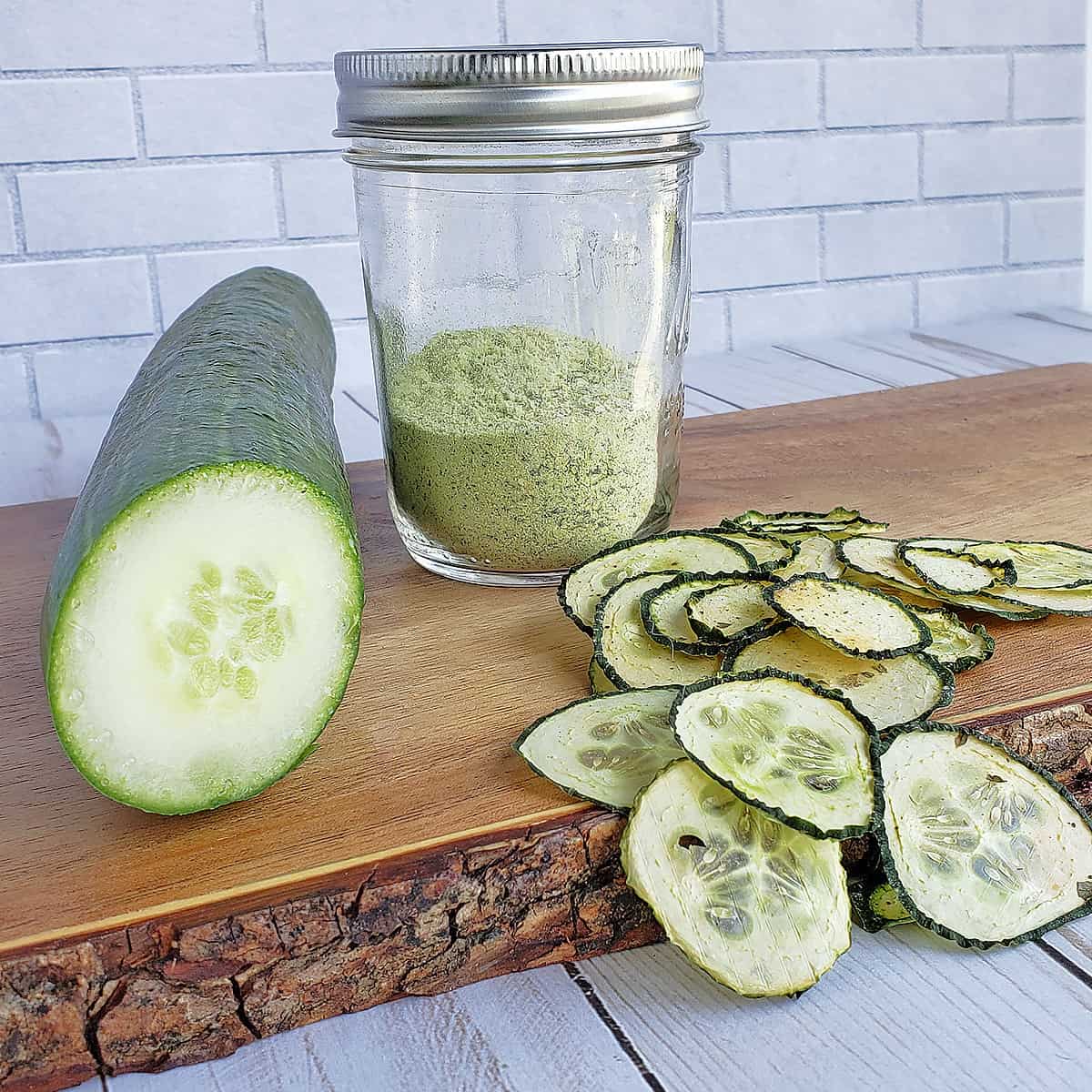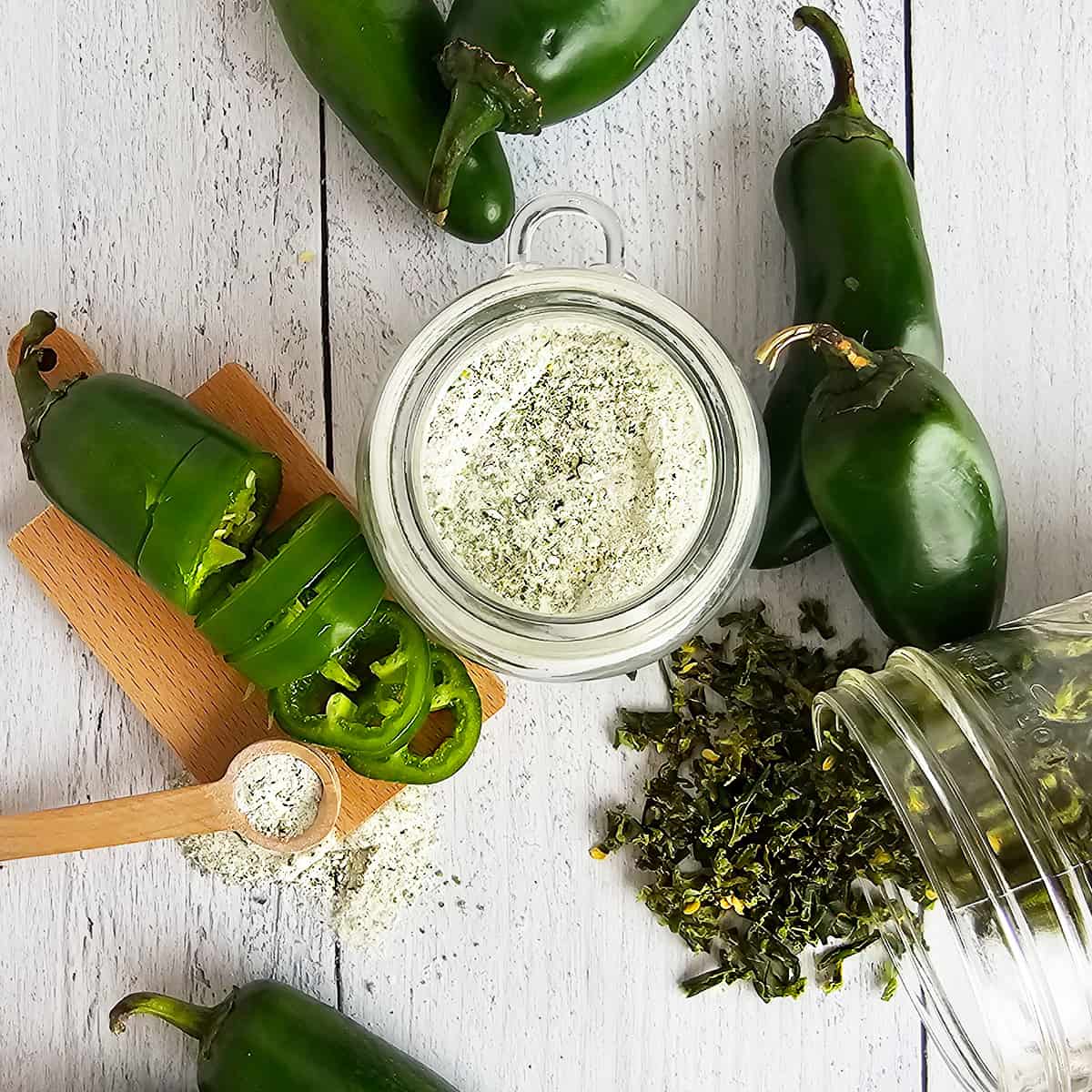How Loud is a Dehydrator
How loud is a dehydrator? It’s all personal how loud one is to you, but here are some numbers that can help you determine how loud the food dehydrator you may be interested in actually is.
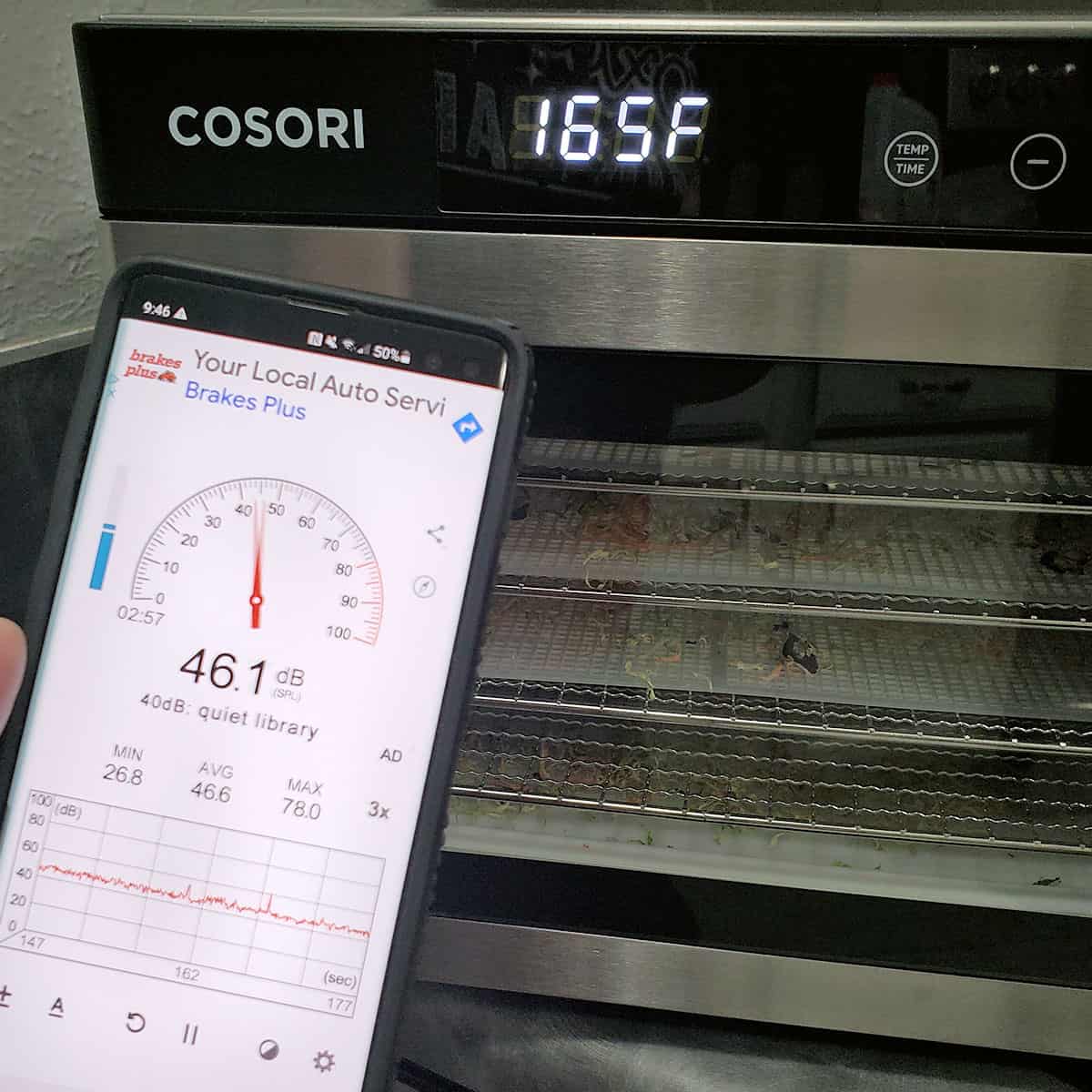
Surprisingly, a small dehydrator can be louder than a larger, stronger dehydrator, but it’s not always the case.
It all comes down to make and quality.
Also, remember that personal opinion will play a lot into how loud a food dehydrator is for you. A higher pitch, a quiet machine may be more problematic for you than a louder, lower-pitched machine. Or your tolerance for noise or vibration may be different than the next person.
While there is no real way to understand how loud or quiet a machine is unless you have them lined up comparing one to another, or you have one in your home to see how it sounds in your personal environment, you can use these numbers to help determine what machine might be good for you in terms of where your preferences lie.
What is a Decibel
A decibel (dB) is a unit used to measure the intensity of a sound or the power level of an electrical signal by comparing it with a given level on a logarithmic scale.
Oxford Languages
In other words, it’s basically a degree of sound. The higher the number, the louder the sound is.
How Loud is a Food Dehydrator?
Quietest Dehydrators
These food dehydrators measured to 49 dB. In practical terms, a quiet library, a low conversation
- Magic Mill MFD-7070 (600 watts) at 41 dB
- Salton Vita Pro (250 watts) @ 37 dB
- Magic Mill MFD-7070 (600 watts) at 41 dB
- Cosori Premium Stainless Steel Dehydrator CP267-FD (600 watts) at 46.1 dB (low pitch)
Mid-Range Dehydrators
These machines measured from 50-59 dB. A good sound comparison is a quiet office
- Healthy Choice by Kogan (420-500 watts) at 57.3 dB
Loudest Dehydrators
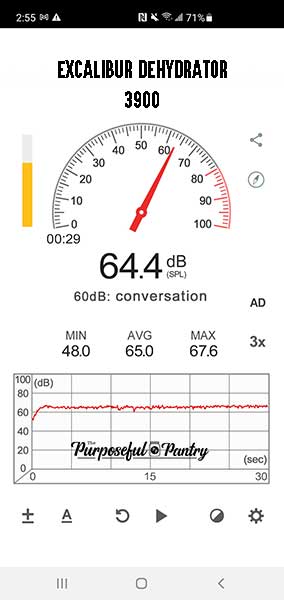
These dehydrators measured from 60+ dB. A sound comparison would be a public conversation or background music.
- Cabelas 160L (1600 watts) at 63 dB
- Nesco Gardenmaster 075 (1000 watts) at 63 dB
- Excalibur 3900B (600 watts) at 64.4 dB (high pitch)
- Open Country Trailmaster (500 watts) at 66.2 dB
LEARN MORE: What is the best dehydrator to buy for a beginner?
How to reduce noise of your dehydrator
Unfortunately, there aren’t many things that you can do to the dehydrator, itself, to help baffle the noise it creates. You don’t want to impede the fan in any fashion, no make it to where the vents can’t completely vent out moisture.
But there are a couple of tips that can help reduce the noise a little:
► Place it in a room that you are not in. The garage if you have a clean garage, a separate room, behind a door in a closet, etc.
We happen to keep ours on the dryer in our laundry closet that is part of our kitchen space. We don’t run it when we are running laundry, and the cracks in the bifold doors allow for airflow. It helps stifle the noise enough that it tends to be just background white noise.
►Place a thin towel or mat underneath the dehydrator to stop vibration against the hard surface. But don’t make it so thick that it impedes performance. If your machine has vents on the underside, a piece of cardboard is your best bet if you absolutely need to control it.
► Use a barrier. Just like a closet door, something placed between you and the dehydrator to help muffle the sound will help a little.
When we had our machine right next to where my husband sits, we put a board up between them. It didn’t block the vents of the machine, and gave space for the sound to bounce around instead of right towards him. It didn’t help a lot, but it helped a little for those times we really needed to run it while he was there.
Frequently Asked Questions:
A very unscientific poll, actually! We asked members of our dehydrating community to get the free app, ‘Sound Meter‘, and test their machine by placing their phone next to the machine.
Results could be skewed by other environmental noises in their homes or the actual positioning of the phone, but the averages came back about the same, so the range gave us a good indicator of where the machines fell.
Not at all. Nor does sound mean a better machine. But a small, quiet Salton at 250 watts is going to take longer to dry than a louder, 600 watt Excalibur simply by means of a smaller fan, different design, etc.
On the other hand, a loud Excalibur isn’t necessarily more efficient than a smaller Cosori, either. It really comes down to how the machine is made, the power it has, and sound is just a byproduct of design.
Simply get the free app, ‘Sound Meter‘. Open it, and hold your phone or tablet near the machine’s outflow vent (not simply in front of it). The app will record the sound, and you’ll wa

